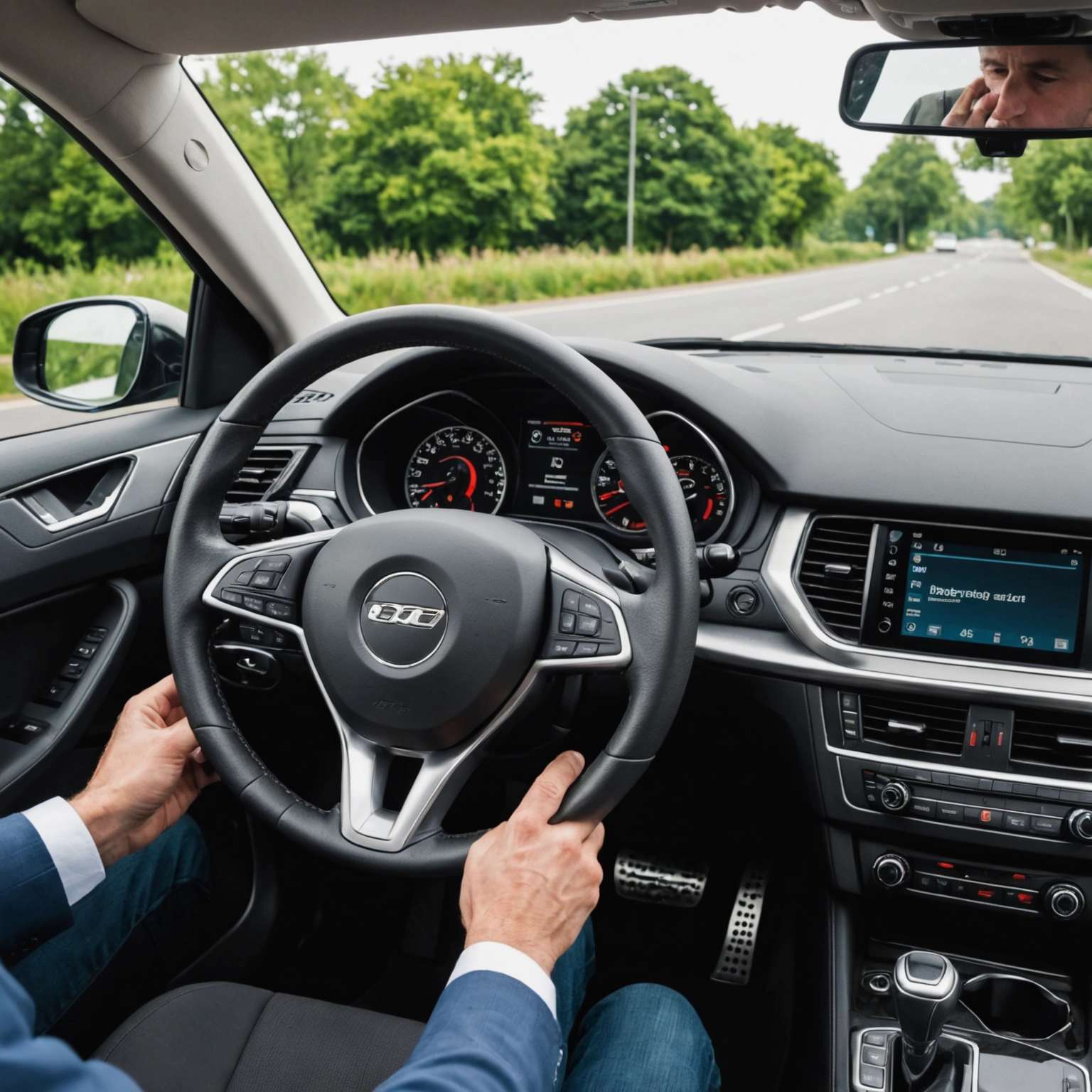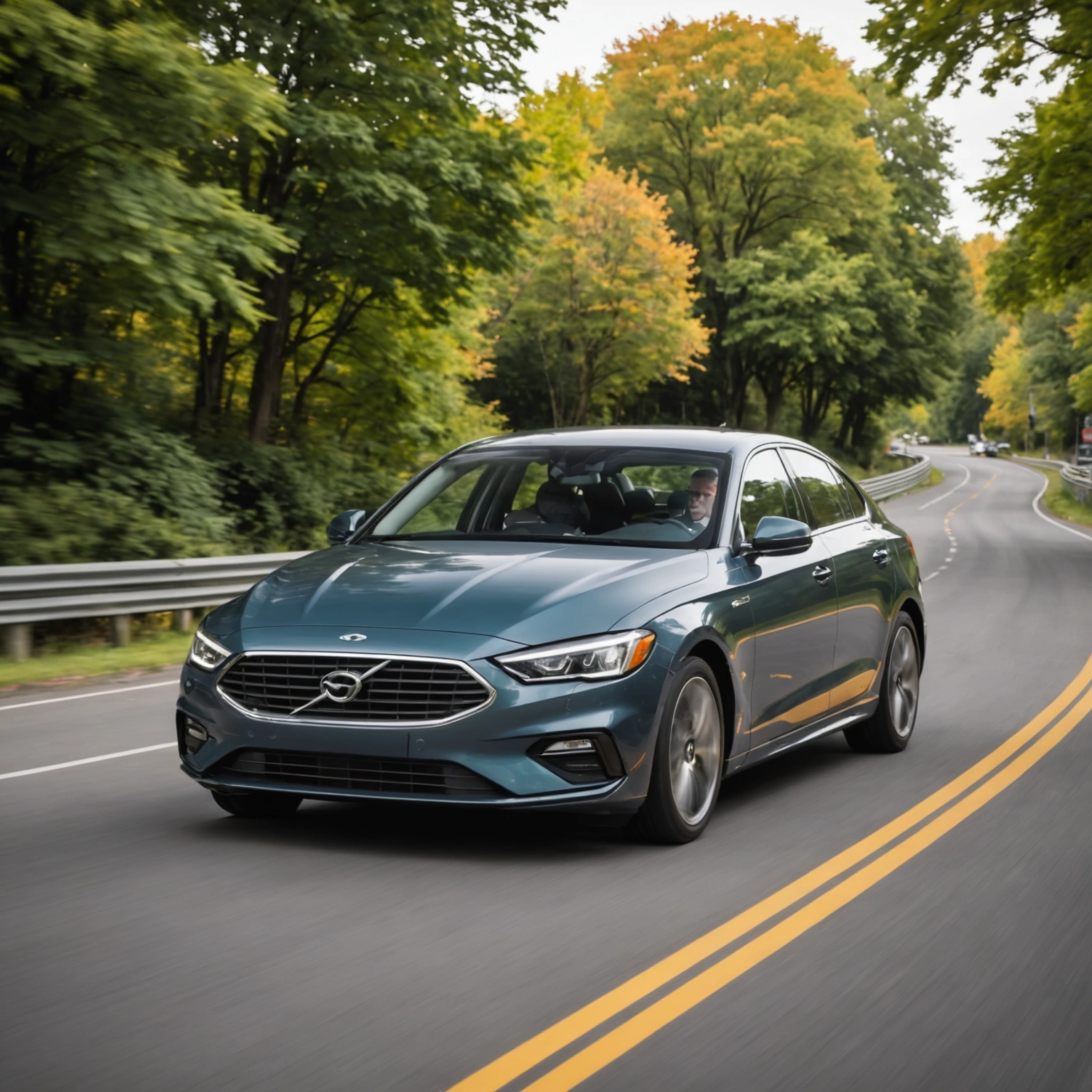**Why Does My Car Jerk Forward When I Accelerate? Understanding the Causes**
Experiencing a jerking sensation when you accelerate can be both unsettling and concerning. If your vehicle suddenly jerks forward during acceleration, it may indicate underlying issues that need attention. Understanding the common causes can help you diagnose the problem and seek appropriate repairs. Here’s what you should know:

### Common Reasons for Car Jerking During Acceleration
#### 1. **Dirty or Faulty Fuel Injectors**

Fuel injectors are responsible for delivering the right amount of fuel into the engine. Over time, they can become clogged or malfunction, leading to inconsistent fuel delivery. This causes the engine to stumble or jerk during acceleration.
**Solution:** Cleaning or replacing faulty fuel injectors can restore smooth engine performance.

#### 2. **Dirty Air Filter**
A clogged air filter restricts airflow to the engine, resulting in an imbalanced air-fuel mixture. This imbalance can cause hesitation or jerking when accelerating.

**Solution:** Replacing the air filter is a simple and cost-effective fix.
#### 3. **Ignition System Problems**
Worn spark plugs, faulty ignition coils, or damaged spark plug wires can cause misfires. Misfiring ignites the fuel mixture unevenly, leading to jerks or hesitation during acceleration.
**Solution:** Regularly inspecting and replacing spark plugs and ignition components can prevent misfires.
#### 4. **Transmission Issues**
Automatic transmission problems, such as low transmission fluid, worn clutch plates (in manual transmissions), or a failing torque converter, can cause your car to jerk or hesitate when shifting gears or during acceleration.
**Solution:** Checking and replacing transmission fluid or consulting a mechanic for transmission repairs can resolve these issues.
#### 5. **Exhaust System Blockages**
A clogged catalytic converter or exhaust system can cause backpressure, leading to engine performance problems like jerking.
**Solution:** Diagnosing and replacing a clogged catalytic converter can improve acceleration smoothness.
#### 6. **Sensor Malfunctions**
Modern vehicles rely on sensors like the Mass Air Flow (MAF) sensor, Throttle Position Sensor (TPS), and Oxygen sensors to optimize engine performance. Faulty sensors can send incorrect data, causing the engine to jerk or hesitate.
**Solution:** Diagnostic scans can identify faulty sensors, which can then be replaced or repaired.
#### 7. **Dirty or Failing Fuel Pump**
A malfunctioning fuel pump can cause inconsistent fuel pressure, leading to acceleration issues and jerking.
**Solution:** Testing and replacing the fuel pump if necessary ensures steady fuel delivery.
### When to See a Mechanic
If your car continues to jerk during acceleration despite basic maintenance, it’s advisable to have a professional diagnose the issue. Persistent problems can lead to further engine damage and costly repairs if not addressed promptly.
### Final Thoughts
A jerking sensation when accelerating can stem from various issues, ranging from simple maintenance needs to more complex mechanical problems. Regular vehicle maintenance, such as changing filters, inspecting ignition components, and ensuring proper fluid levels, can prevent many of these issues. If you experience persistent jerking, don’t delay—consult a trusted mechanic to keep your vehicle running smoothly and safely.
—
**Stay safe on the road!** Regular checkups and prompt repairs help ensure your driving experience remains smooth and reliable.

